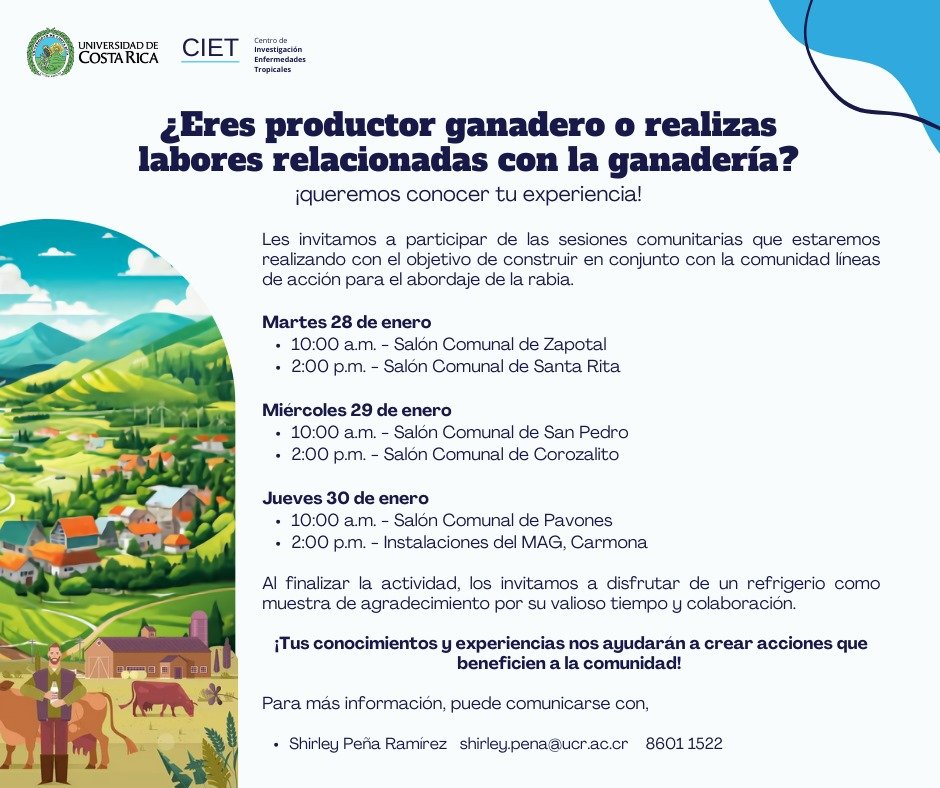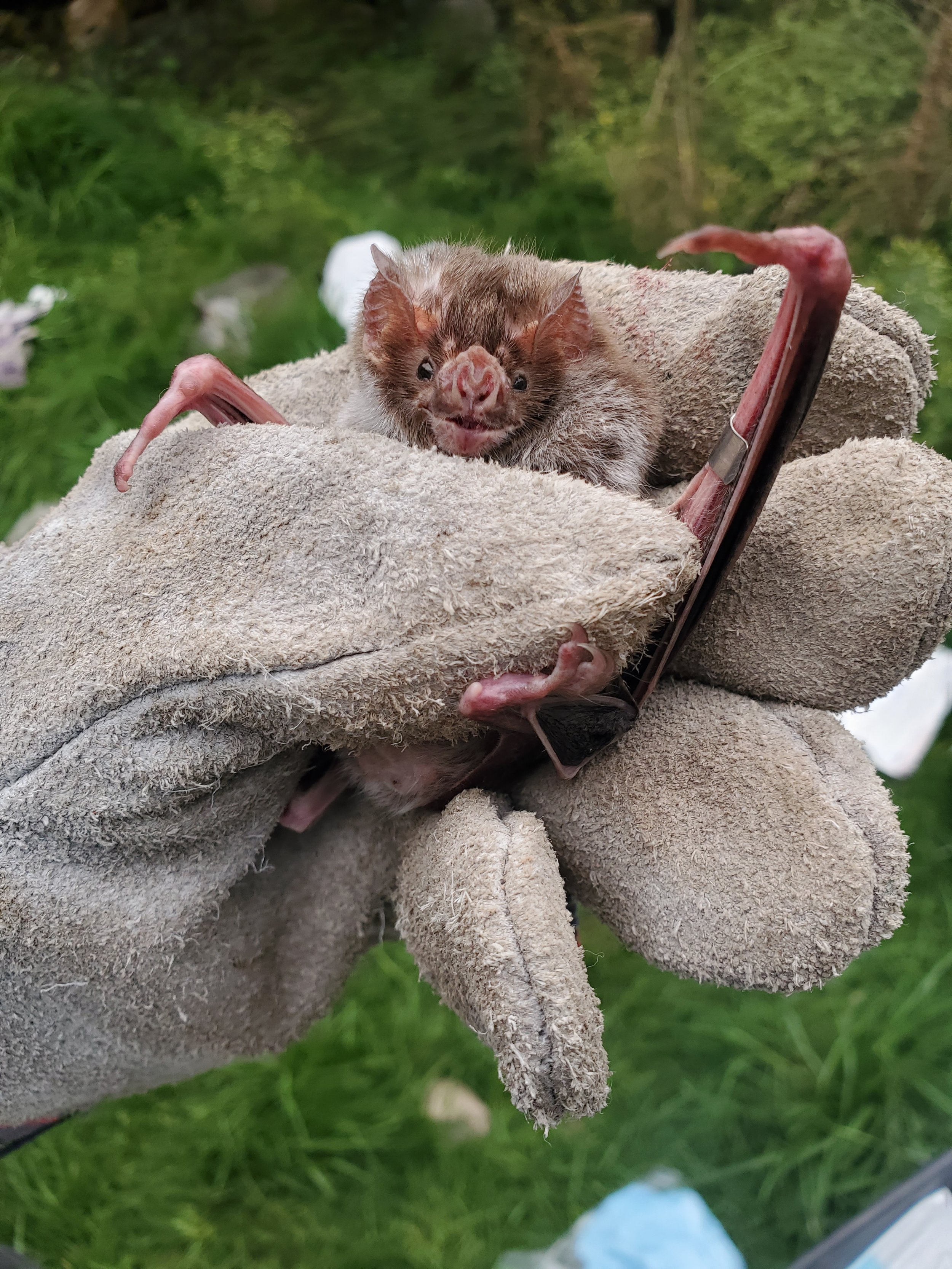
Bats Go Viral: IN COSTA RICA
A community engagement partnership between the CVR, the University of Costa Rica (UCR) and Costa Rica’s National Animal Health Service (SENASA). The project aims to understand Knowledge, Attitudes and Practices (KAP) towards vampire bats and rabies management (e.g bat population control, vaccination and health service access) among rural communities and ministerial stakeholders in Costa Rica. We will deliver policy recommendations and educational materials for rabies control informed by the community. This project is funded by the UK Medical Research Council.



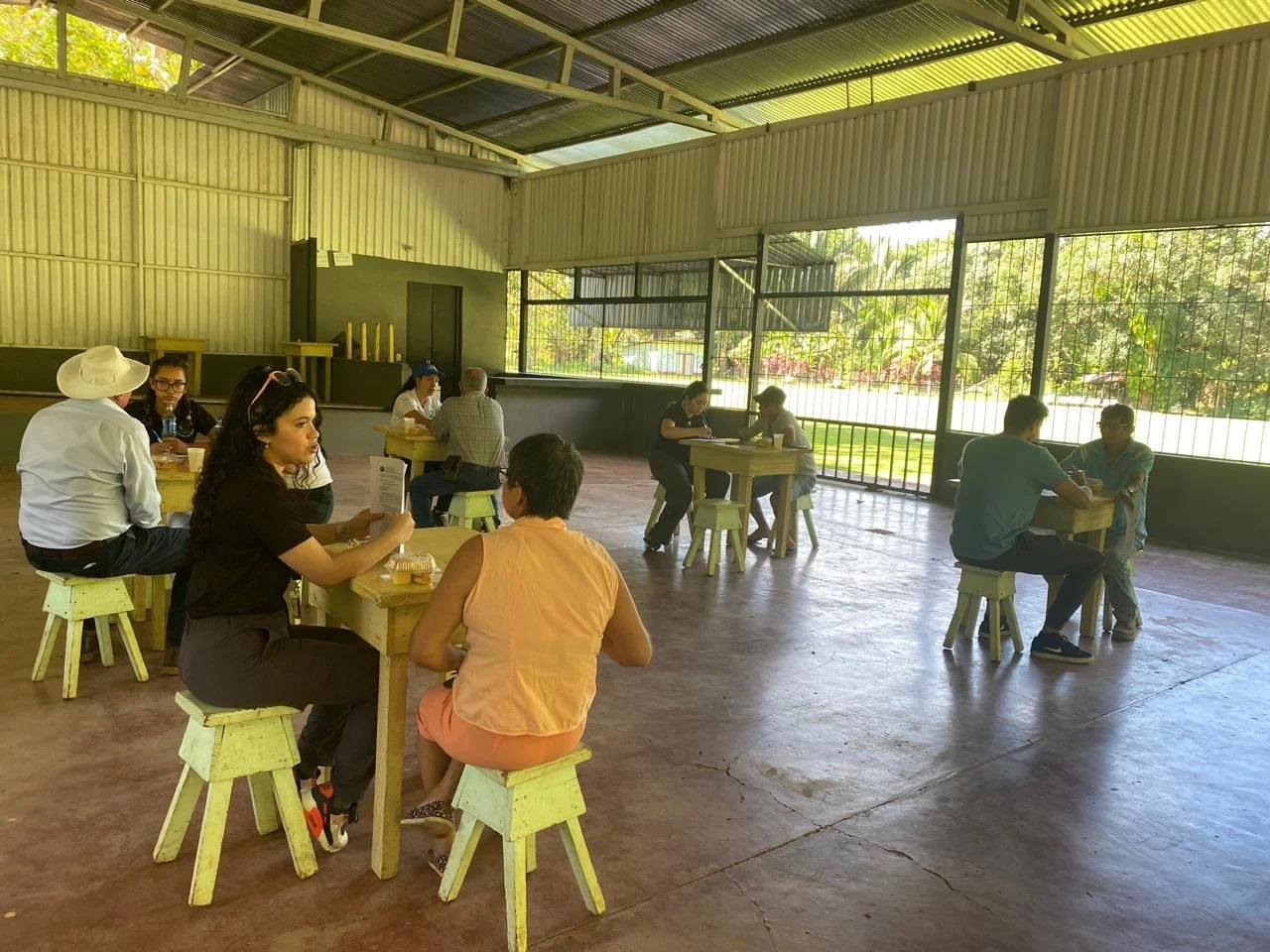
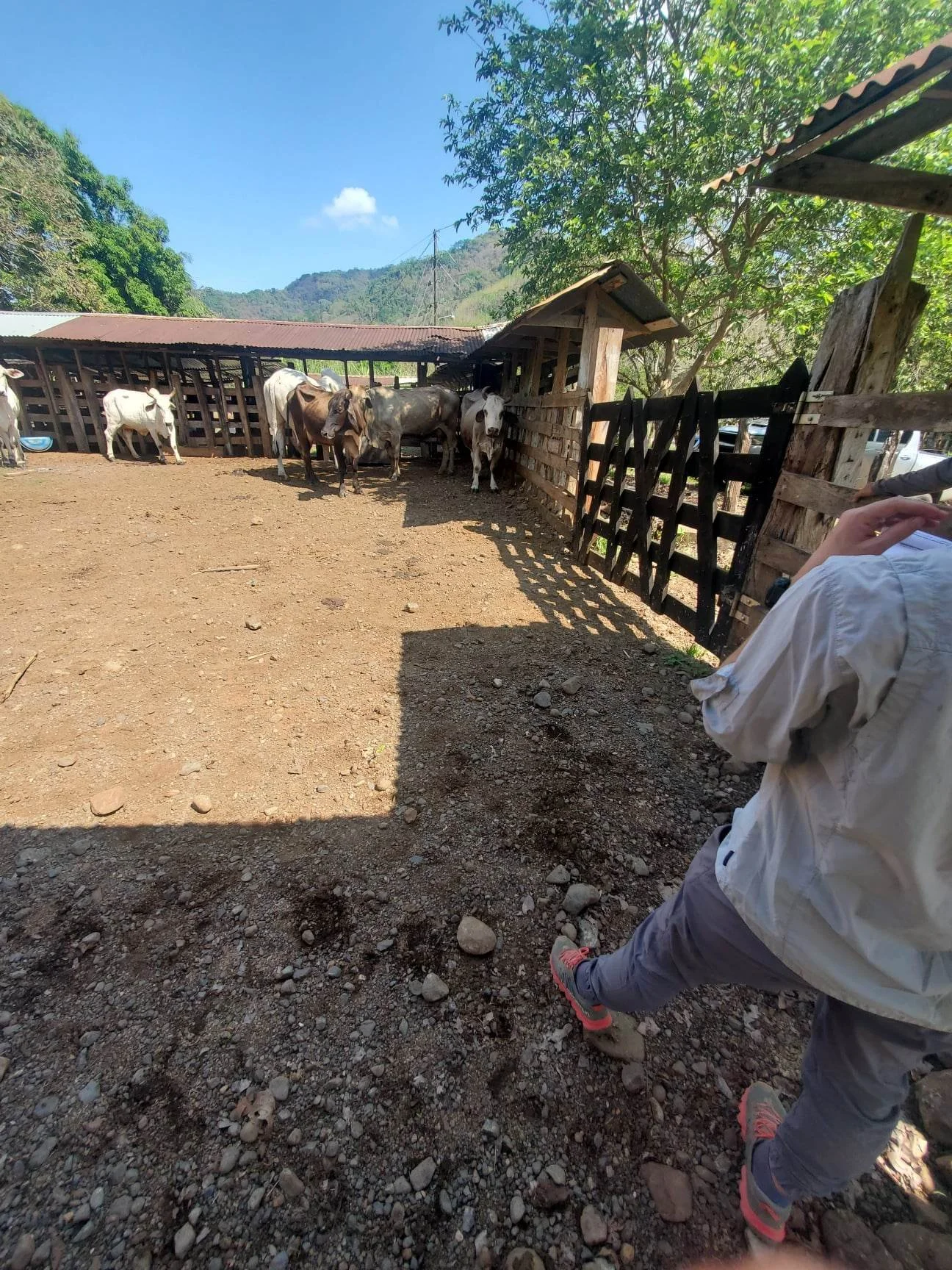

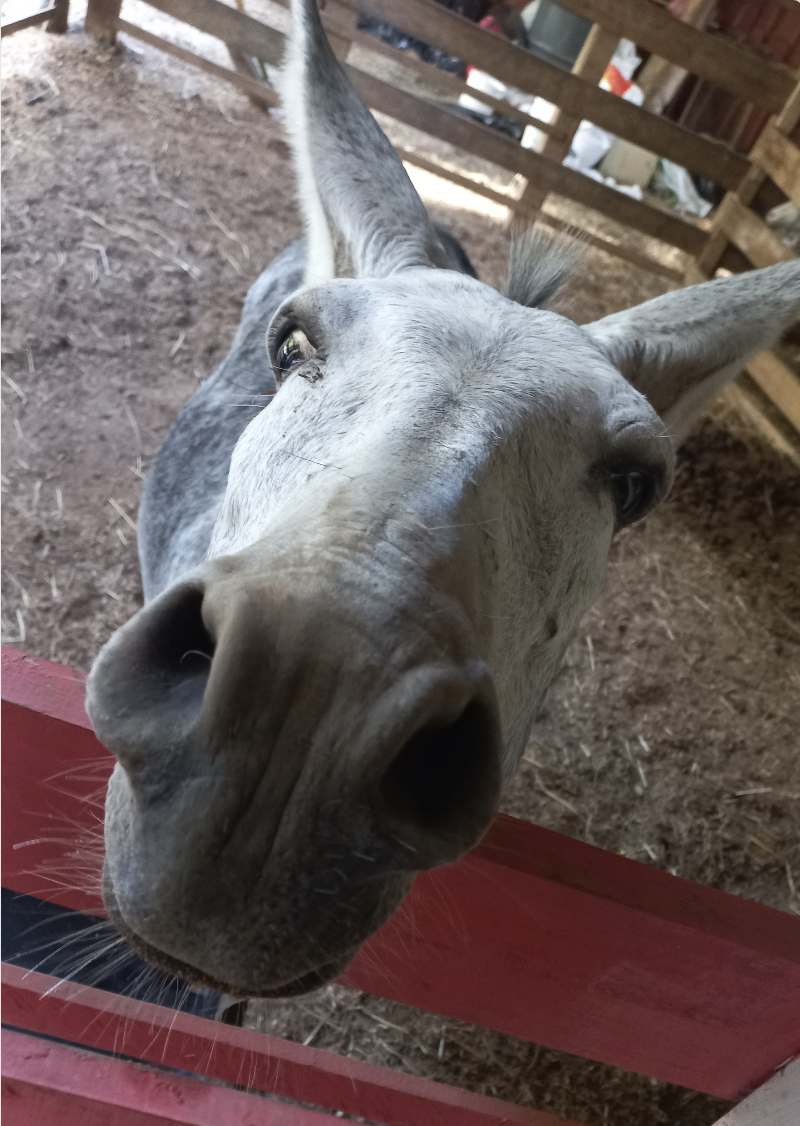
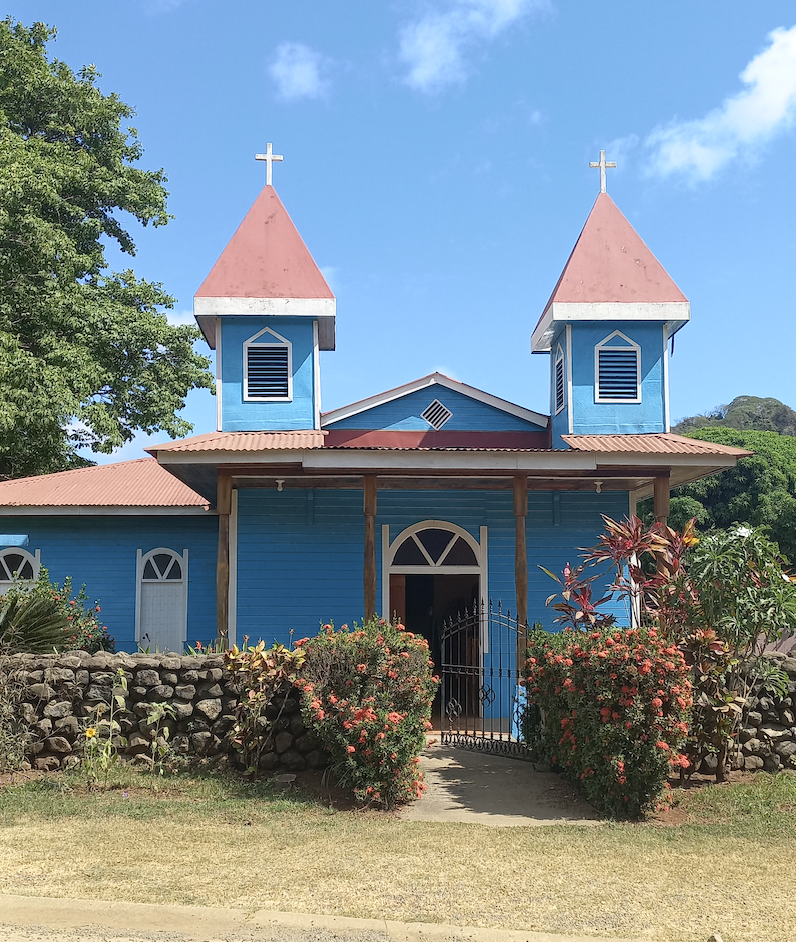

Rabies in Costa Rica
Rabies is a preventable but fatal viral disease that is most commonly transmitted through the bite of an infected animal. Common vampire bats can transmit rabies when feeding on the blood of other mammals. Vampire bat rabies is most common in livestock - an easy food source for vampire bats, but bat-to-human rabies transmission can also occur.
In Costa Rica, communities affected by vampire bat-transmitted rabies are often located in remote villages reliant on sustenance farming; where housing generally consists of poor infrastructure, leaving residents and their animals vulnerable to vampire bat bites. This vulnerability, coupled with a poor understanding of the rabies viral cycle in wildlife, puts many rural areas at higher risk of rabies exposure and disease.
Community KAP and Health Service Profile
Focal region: Nandayure, Guanacaste province
Objectives
Assess the ‘health service profile’ aimed at livestock farmers and other members of the communities living in the vicinity of vampire bat colonies by engaging with ministerial stakeholders.
Assess the Knowledge, Attitudes and Practices (KAP) of farming communities towards vampire bats and rabies.
Co-develop educational materials with input from communities, to address knowledge and practices gaps.
Ministerial and community engagement
Ministerial interviews and focus groups
Seven ministries involved in the delivery of health, education and government services were engaged.
Community interviews by semi-structured questionnaire (phone and in-person)
Community leaders and members of the farming community from six districts in Nandayure canton were engaged.
See the page below ‘Participation and Results’ for more details.
Invitation shared to community leaders to invite farming community members to interview.
“Thank you for your commitment to researching models that promote well-being. Best regards and success!”
“Thank you very much for developing research within our canton.”
“What you do is really very interesting. We hope your work is very successful.”
Feedback from community members that participated in our survey
-
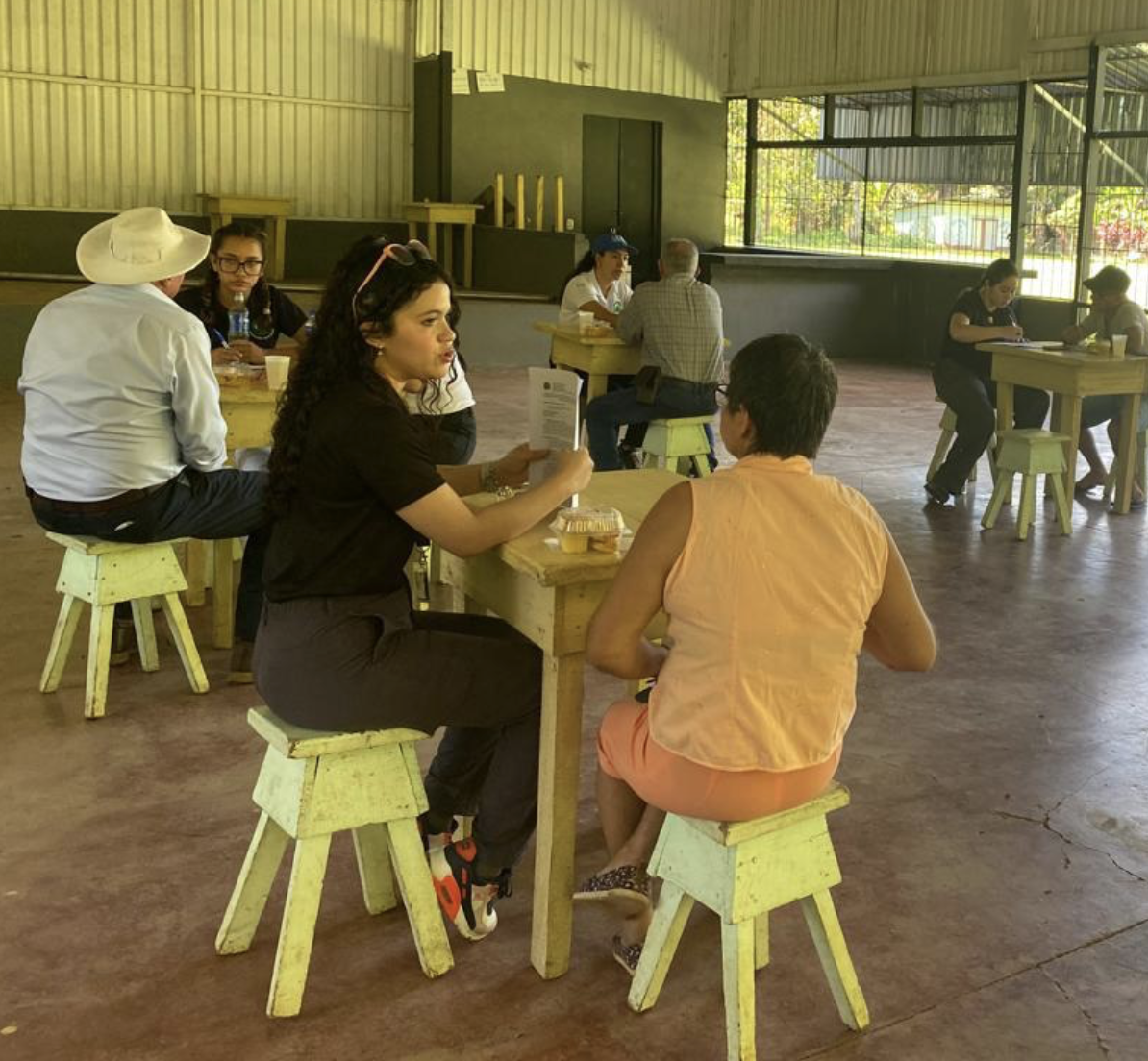
Learning from the Field: Reflections on Community Knowledge Construction
Blog post by Shirley Peña Ramirez, Student Project Lead. Shirley reflects on her experience with the project and the importance of learning from community knowledge.
-

Participation and Results
Learn about who participated in our project, and have a peak at our findings. We engaged with ministerial stakeholders and communities across six districts in the Canton of Nandayure, Province of Guanacaste, Costa Rica.
-

Educational Materials: Vampire Bats and Rabies
View and download educational materials developed together with communities based on what we learned about existing Knowledge Attitudes and Practices (KAP) towards vampire bats and rabies in Nandayure.
-

Community Testimonies
Read feedback from participants and view short video testimonies from community members describing their experience of vampire bats and rabies.
Meet the Team
-

Hollie French
University of Glasgow
Lead Applicant MRC Fund / Project Coordinator
Postdoctoral researcher (PhD student during project)
-

Shirley Peña Ramirez
University of Costa Rica
Student Project Lead / Thesis
Licenciatura student in the School of Public Health
-

Ingrid Gomez Duarte
University of Costa Rica
Supervisory Project Lead
Professor in the School of Public Health
-

Amanda Vicente-Santos
University of Oklahoma
Postdoctoral researcher and bat specialist
-
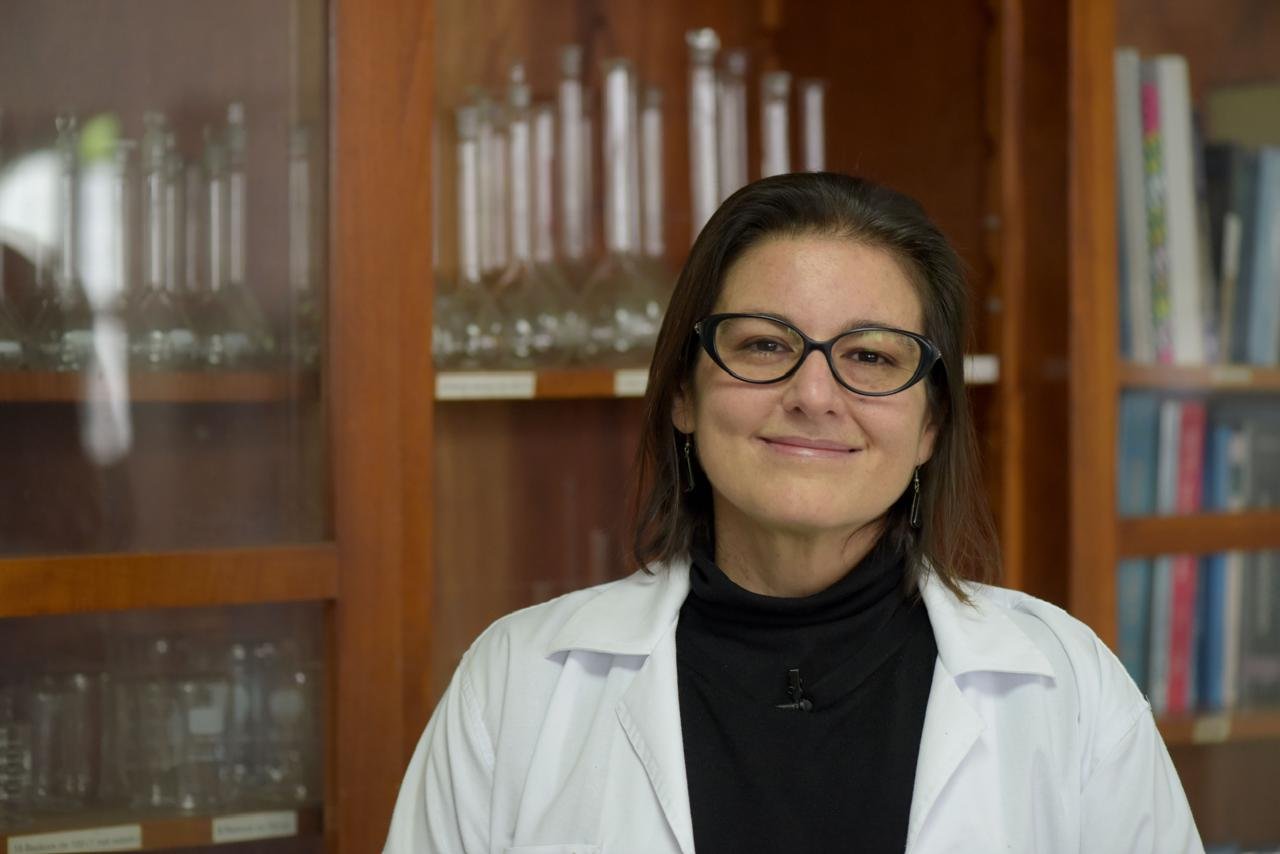
Eugenia Corrales-Aguilar
University of Costa Rica
Coordinator of Virology in the Tropical Diseases Research Center (CIET)
-

Tatiana Murillo Corrales
University of Costa Rica
Assistant Professor in the Tropical Diseases Research Center (CIET)
-
Daniel Streicker
University of Glasgow
Professor of Viral Ecology & Wellcome Trust Senior Research Fellow
-

Daniela Arias Gonzalez
University of Costa Rica (Alumnus)
Graduated Licenciatura from the School of Public Health
-

Sarah Walsh
CVR Engagement and Communications Intern & SWBio PhD student
-

Jamie Herzig
CVR Engagement and Communications Intern & BBSRC PhD Student

